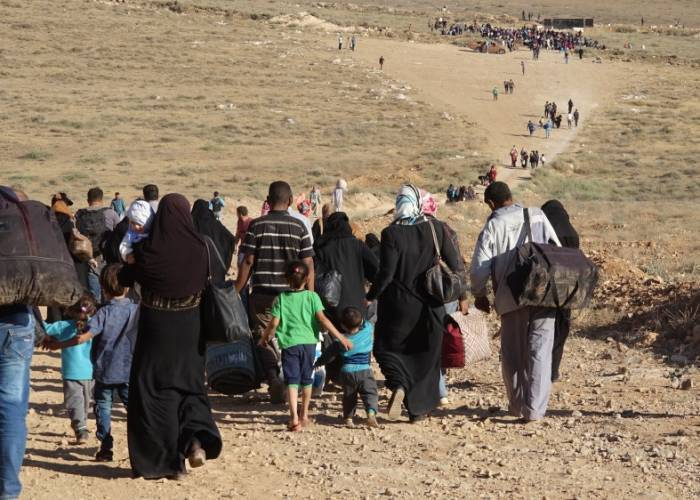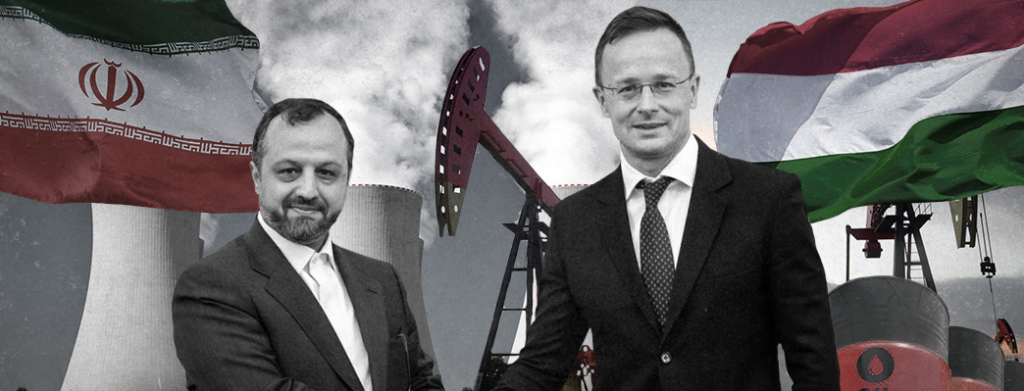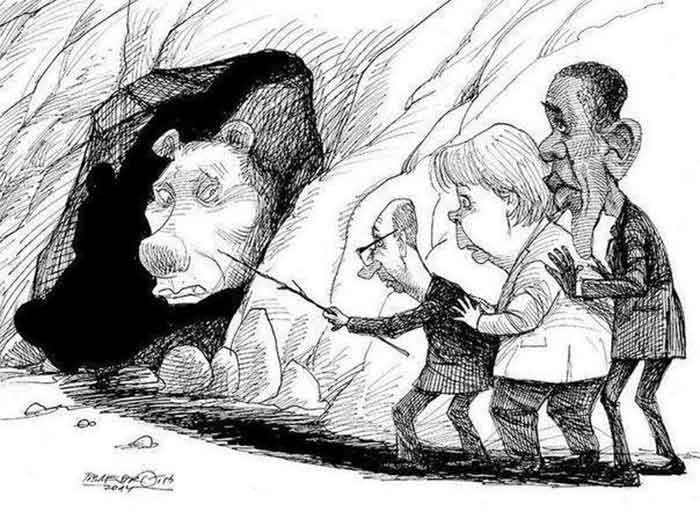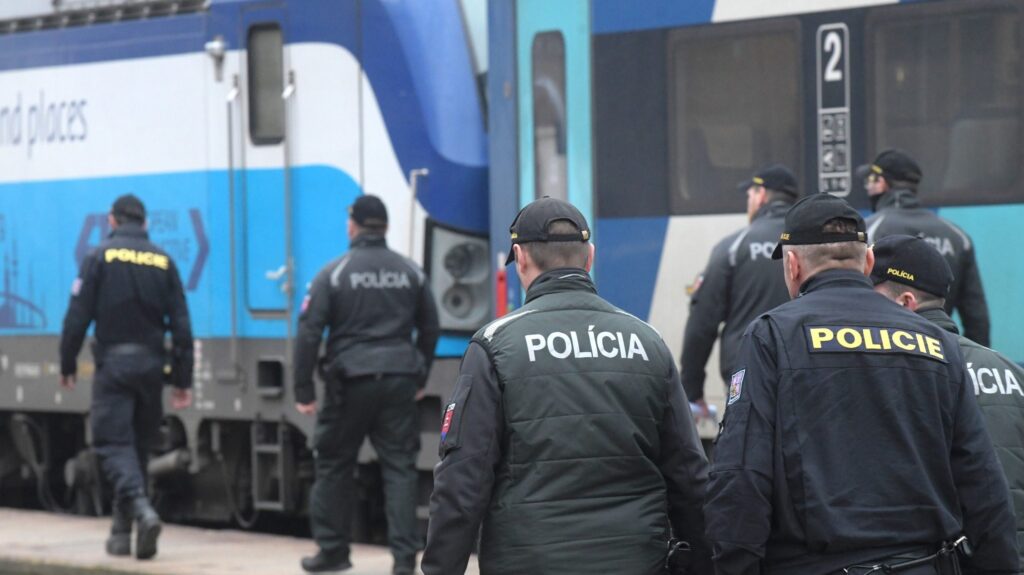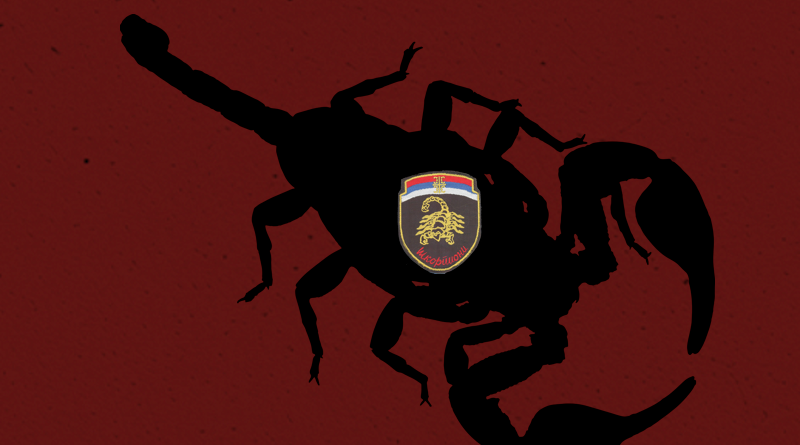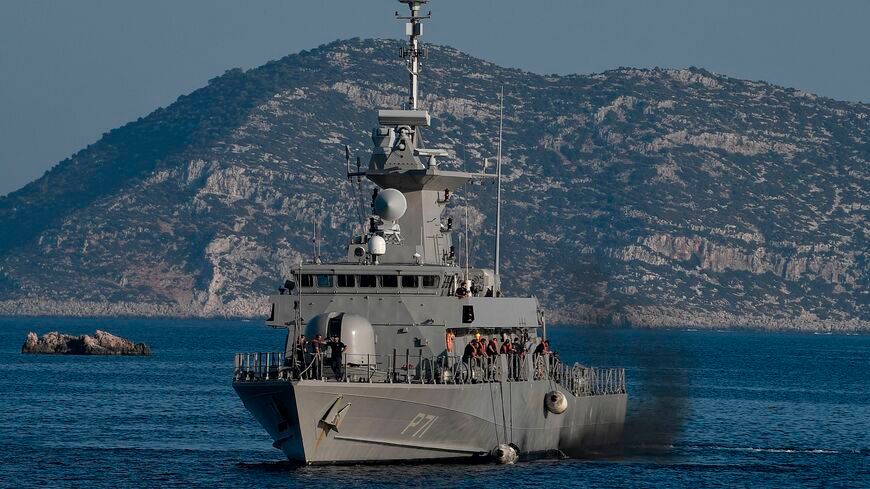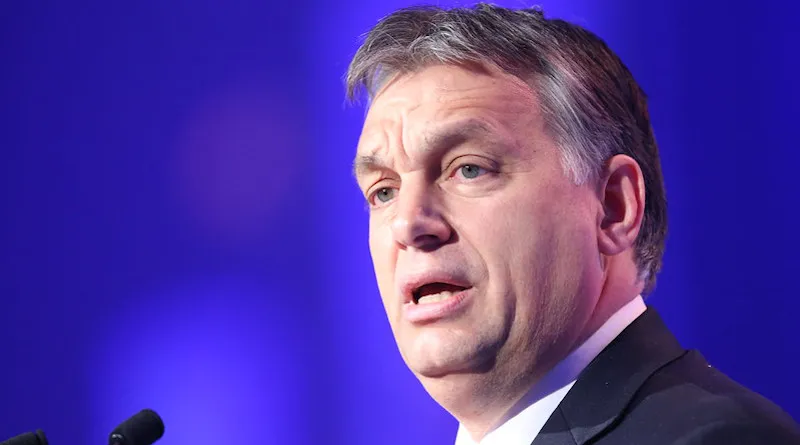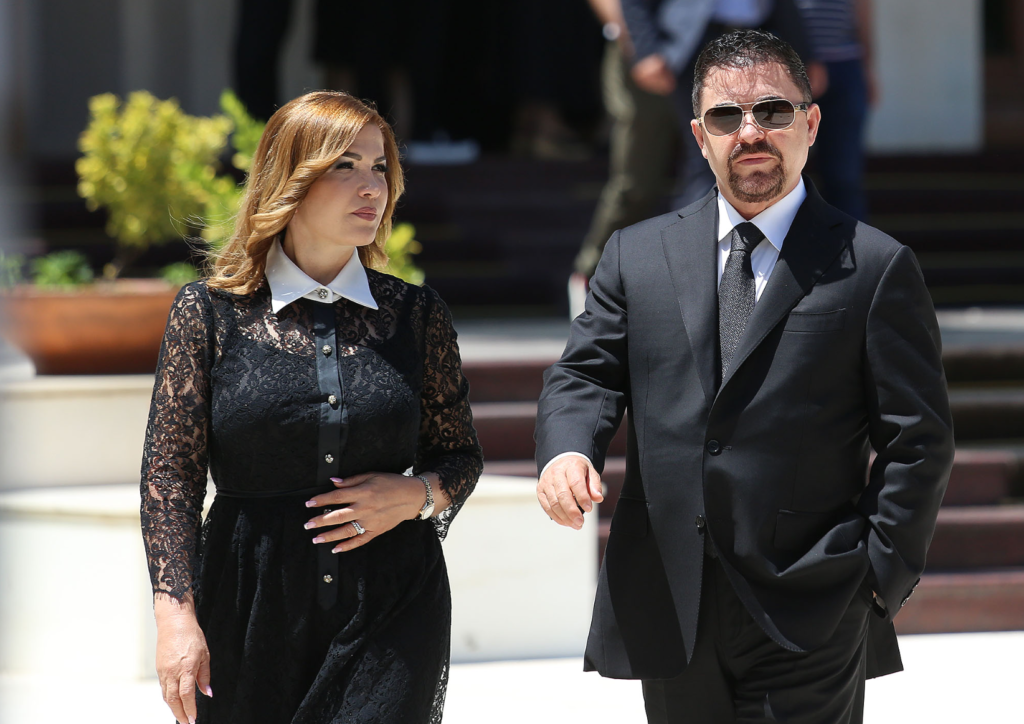EU-Western Balkans: End Of Era Of ‘Courtship’ Of The West – Analysis
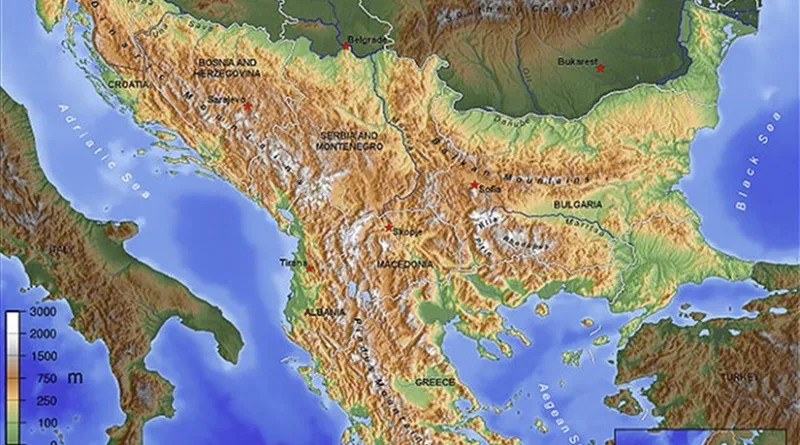
The European Union (EU) – Western Balkans Countries summit[2] was organized on 6 December in Tirana. It was an opportunity to discuss joint resolution of the issues that emerged as a consequence of the Russian invasion on Ukraine, intensification of the political dialogue and the enlargement policy, as well as strengthening of the security and building resilience to foreign interference, resolution of challenges posed by migration, fight against terrorism and organized crime. The summit was organized two months after the informal summit of member countries of the European Political Community in Prague, at which all European countries except for Russia and Belarus participated.

